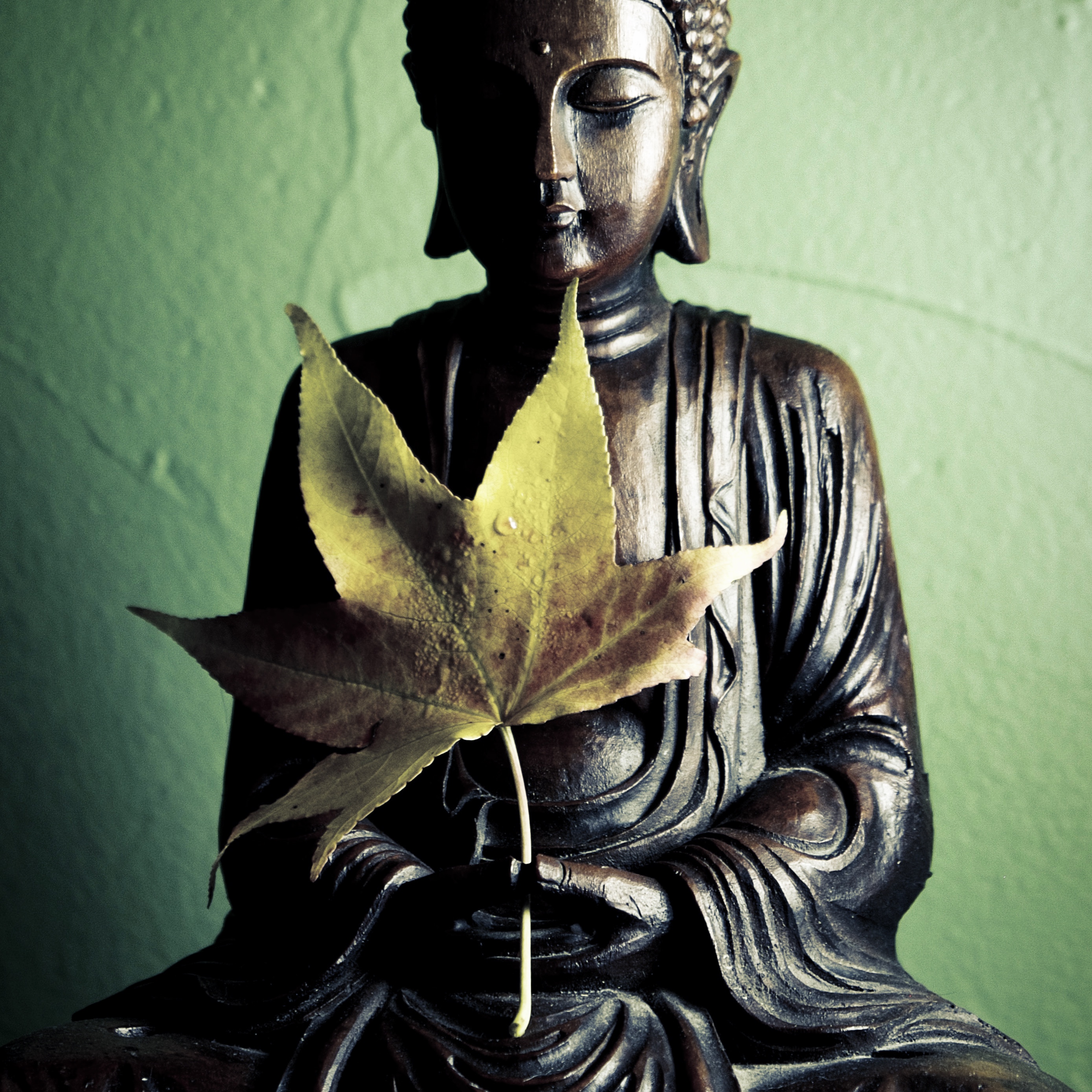The Buddha taught that all living beings ultimately want to be happy and to avoid suffering. He took this to be a fundamental truth, and had the psychological savvy to notice that many of us choose a road to happiness that wends through a perversely seductive landscape of suffering and victimization. For quite a few humans, probably most of us at some point, there seems actually be pleasure in feeling ourselves to be the most put-upon, stressed out, tired, abused or under-appreciated.
We have all seen it: the co-worker who compulsively volunteers for new tasks — many of which are irrelevant time-sucks — even as he warbles his tediously familiar tune of chronic overwork. Or the guy caught in a roller coaster loop of romantic torment that features ever louder and longer recitations of his latest heartbreak. Or the woman who glories in her tale of bouncing from job to job because she was misunderstood at each one by every single shitty colleague. At some point, you can’t help but suspect that the sufferer is attracted to unhappiness, that it may even have come to represent an achievement for them. After all, no one does it as well as they do.

Clearly, this is dangerous ground to tread, especially in a conservatively extremist political milieu that trivializes legitimate complaints of social injustice as the pathetic whimpers of hypersensitive snowflakes. But suffering is real and, in objective terms, some groups systemically face greater hardship than others, for example, people of color, immigrants, and LGBTQ people. We often do need to both fully experience and share such suffering and victimization, sometimes repeatedly and insistently. Personal, individual suffering, grief, and victimization of whatever sort are also to be respected and worked through, often in the gentle company of compassionate others.
At the same time, difficulty and mundane suffering are endemic to the life-script of every sentient being, and developing genuine compassion demands that we acknowledge that universality. There simply is no getting around the fact that, however stressed, tired, put upon, or unhappy I am, everyone around me is also experiencing their own ups and downs, and doing so under the unblinking stare of their own mortality. The martyr or chronic victim, by repeatedly performing the specialness of their ordinary suffering, effectively announces their commitment to solipsism. How could they possibly grasp the actual existence and subjective experience of others when their own unhappiness is so bloated it eclipses all else?
Because most of us actually do tend to notice and care about others’ feelings, a predictable dance emerges. The martyr exploits others’ natural sense of social obligation by cornering them into listening to the same tales of woe. And chronic victims may also be tacitly communicating their demand that suffering has earned them a pass when it comes to basic adult responsibilities or standards of comportment. Are you such a monster that you can’t see how much they are suffering? What could possibly matter more than that? In a creepy turning of the tables, the chronic victim’s greatest claim to victimization may well turn out to be others’ refusal to participate in their victim dramas as mandated by the martyr.

This helps account for why committed victims can be so irritating and exhausting to those in their orbit, those of us routinely charged with nodding and doling out Kleenex. In the perversely self-serving dramas such folks dish up, over and over again, the rest of us are not assigned merely to function as passive bystanders who must endure the long-suffering litanies or predictable crying jags. We are, rather, conscripted into playing an active role in each drama: to guarantee them the reliable supply of sympathetic attention they crave. In this one area of their life, at least, they feel supremely in control of others, and why not? Don’t the rest of us leap into our sensitive therapist uniform the moment their self-flagellation begins?
My beloved yoga teacher used to warn the class as we worked through difficult poses: “If you’re feeling proud because you think you’re doing this well, then let it go. That’s ego. But if you’re heaping shame on yourself because you think you’re doing it badly, let that go too. That’s also ego.” It’s guidance I repeat to myself periodically, a reminder that suffering often wears disguises, and can become a habit, an addiction, a masochistic scaffolding for the self. For those who fear that an introspective look might reveal nothing more than a dank, yawning chasm, clinging to an identity of monotonously scripted suffering is actually an entirely understandable choice.
